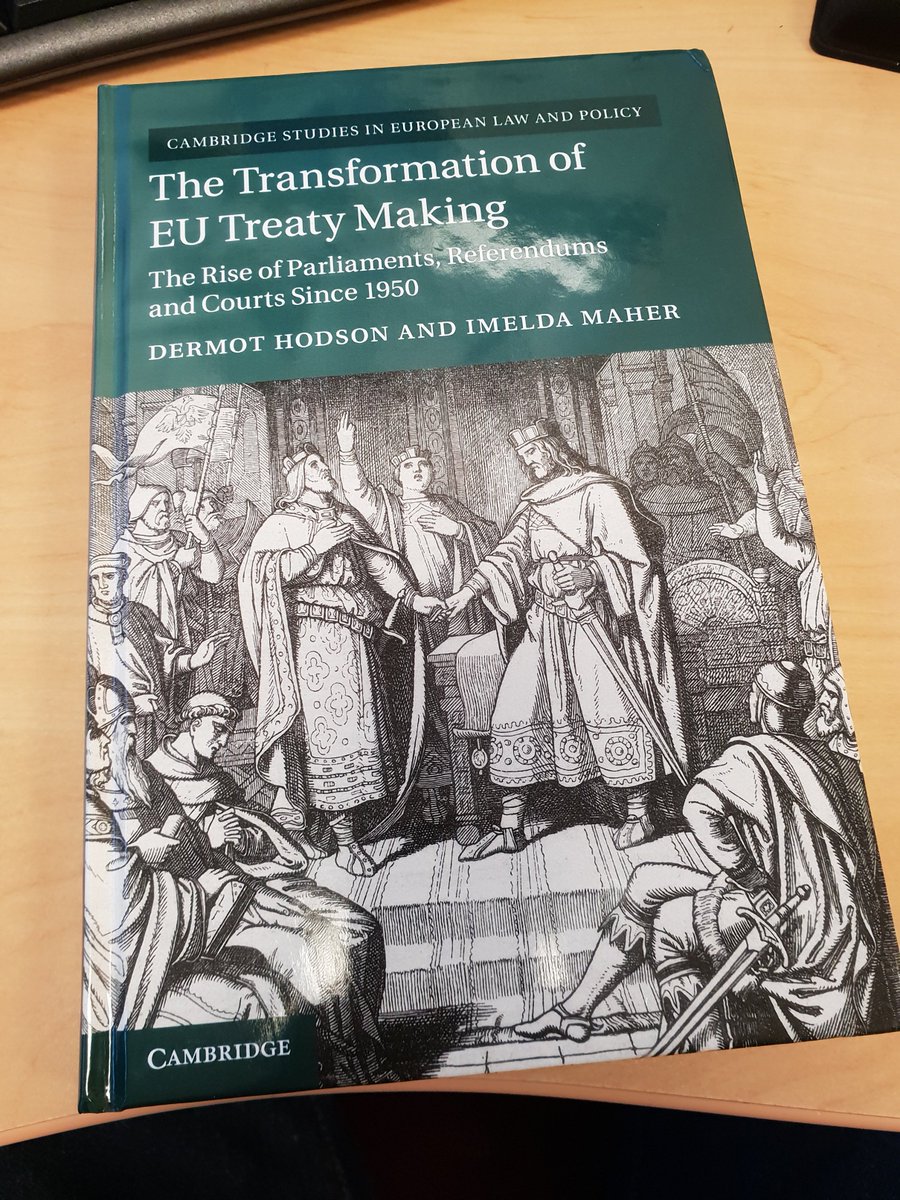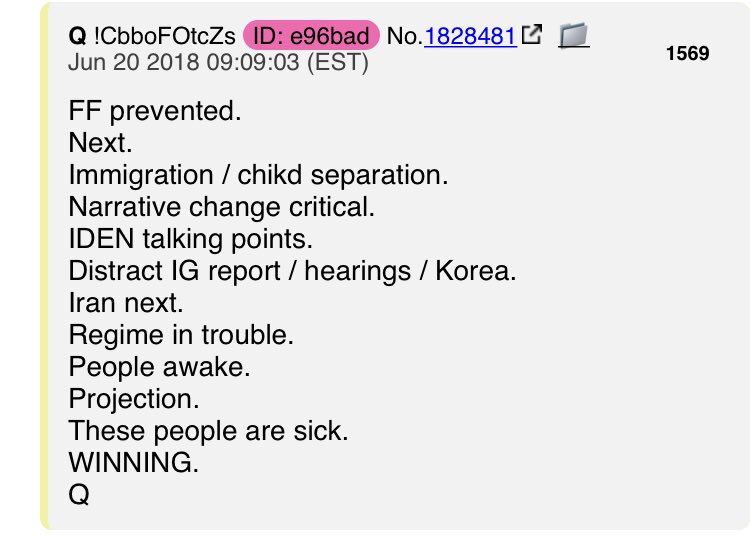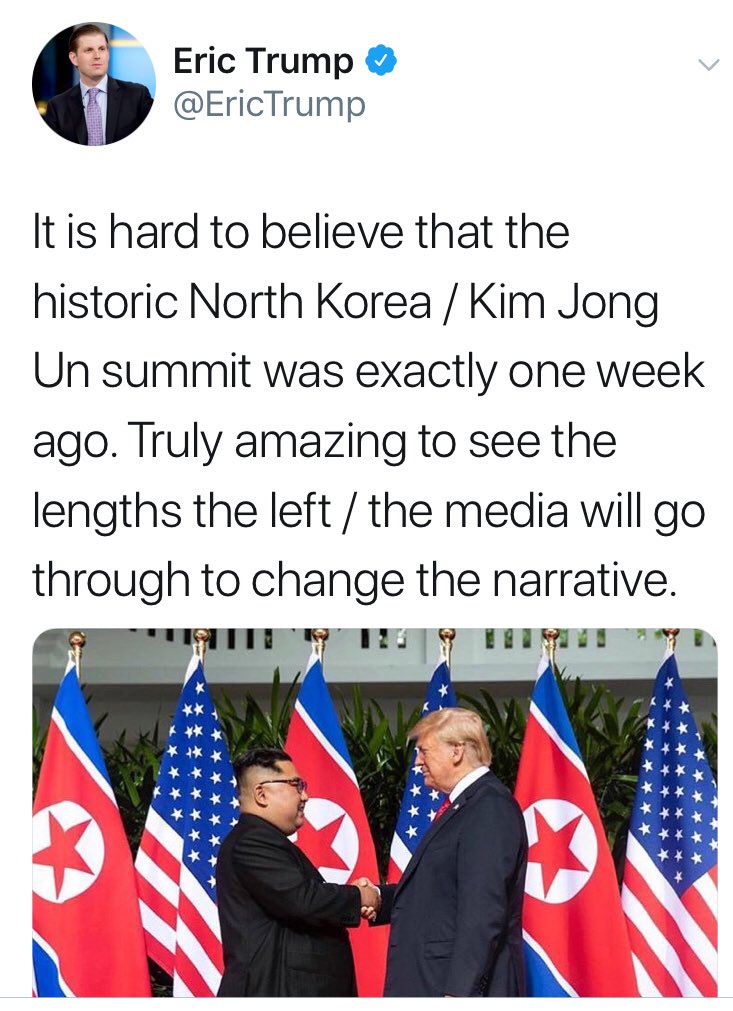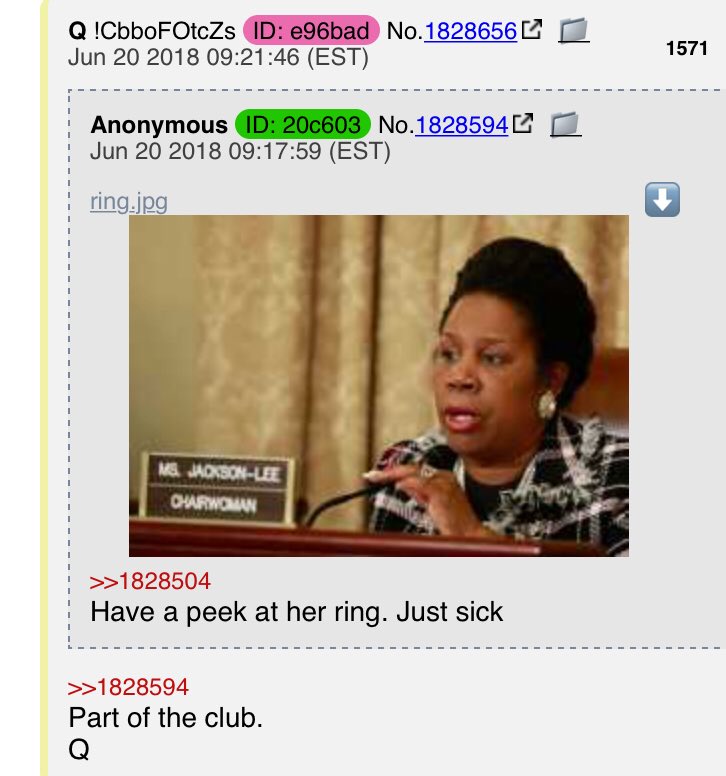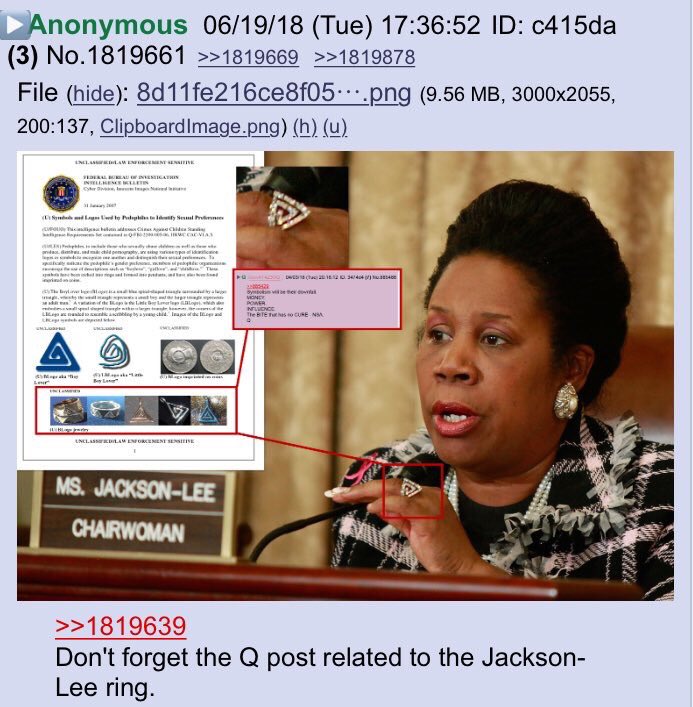1/
As you'll also have noticed, no-one (on the inside) is talking about it much
2/
3/
de-conflictualisation and issue management
4/
The more people metaphorically in the room, the more chance that mutual incompatibilities will present themselves and that things will be said
5/
6/
7/
8/
That's to misunderstand how negotiation works
9/
Instead, it's about understanding each other's interests and objectives and looking for ways to get mutual gains, while protecting your own situation
10/
11/
More people means more interests and more stuff on the table
12/
13/
14/
15/
/end

